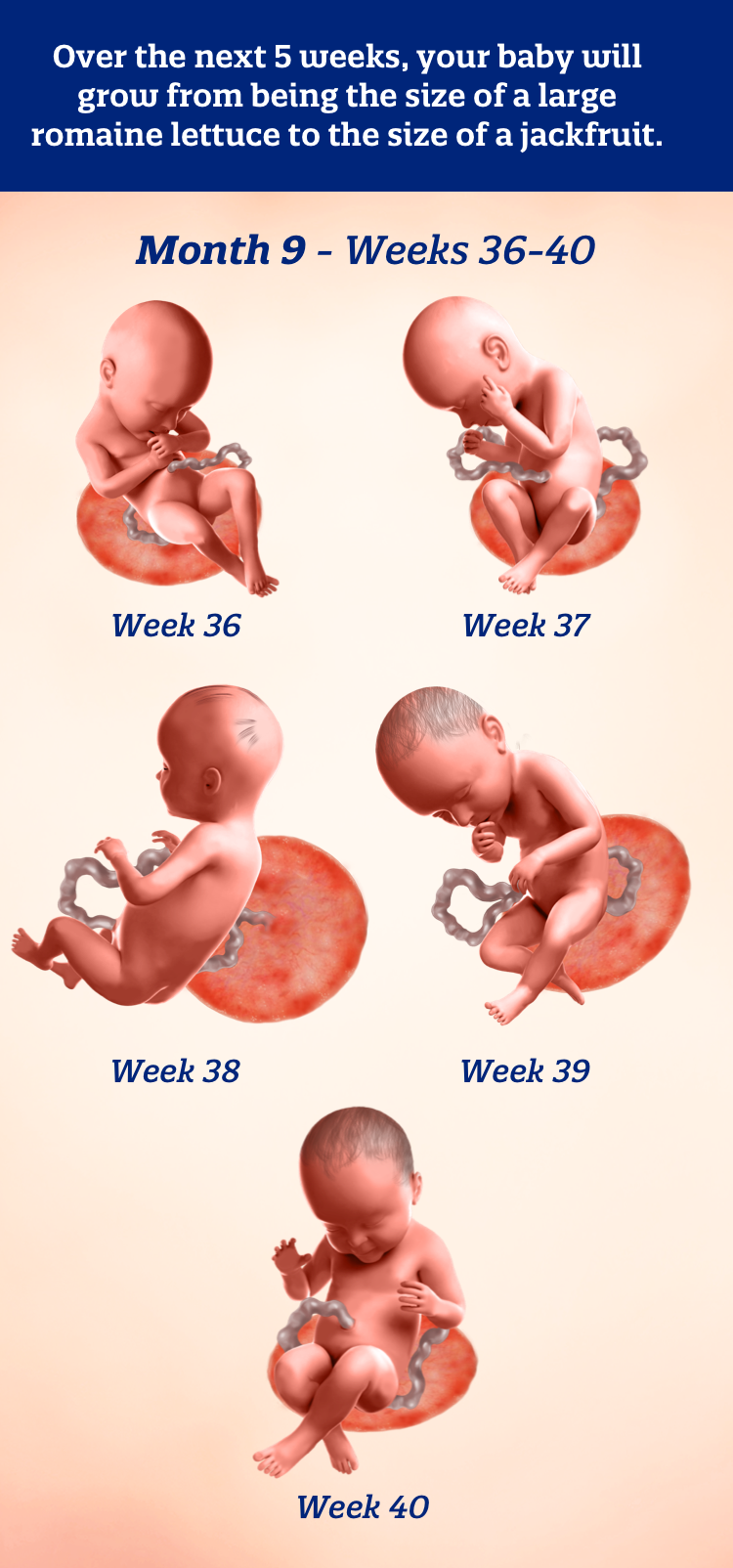
9 Months of Pregnancy: A Comprehensive Guide
Pregnancy is a transformative journey that spans nine months, each trimester marked by significant changes in the mother’s body and the developing fetus. Understanding these changes can help expectant mothers navigate this extraordinary experience with confidence and well-being.
First Trimester (Weeks 1-12)
- Conception: Pregnancy begins with the fertilization of an egg by a sperm, forming a zygote that implants in the uterine lining.
- Embryonic Development: The zygote rapidly divides, forming an embryo with three distinct layers: the ectoderm, mesoderm, and endoderm. These layers give rise to all the organs and tissues of the body.
- Morning Sickness: Hormonal changes, particularly the surge in human chorionic gonadotropin (hCG), can trigger nausea and vomiting, commonly known as morning sickness.
- Breast Tenderness: Increased blood flow to the breasts can cause tenderness and swelling.
- Fatigue: Progesterone levels rise, leading to increased sleepiness and fatigue.
- Frequent Urination: The growing uterus presses on the bladder, increasing the frequency of urination.
Second Trimester (Weeks 13-28)
- Fetal Growth: The fetus grows rapidly, developing facial features, limbs, and organs.
- Quickening: Around week 18, the mother may feel the first fetal movements, known as quickening.
- Increased Energy: Hormonal levels stabilize, and the mother may experience a surge in energy.
- Skin Changes: Increased melanin production can lead to darkening of the skin around the nipples, armpits, and groin.
- Stretch Marks: As the belly expands, the skin may stretch, causing stretch marks.
- Heartburn: The growing uterus can push up on the stomach, causing acid reflux and heartburn.
Third Trimester (Weeks 29-40)
- Fetal Maturity: The fetus continues to grow and mature, preparing for birth.
- Weight Gain: The mother gains significant weight due to the growing fetus, placenta, and amniotic fluid.
- Swelling: Fluid retention can cause swelling in the hands, feet, and ankles.
- Pelvic Pain: The ligaments around the pelvis stretch and relax in preparation for labor.
- Braxton Hicks Contractions: Irregular contractions may occur, known as Braxton Hicks contractions, which help the body prepare for labor.
- Nesting: The mother may experience an urge to clean, organize, and prepare for the baby’s arrival.
Prenatal Care
Regular prenatal care is essential for monitoring the health of both the mother and the fetus. It includes:
- Physical Exams: To assess the mother’s overall health, weight gain, and fetal growth.
- Ultrasound Exams: To visualize the fetus and monitor its development.
- Blood Tests: To check for infections, anemia, and other health conditions.
- Urine Tests: To monitor protein levels and glucose levels.
- Genetic Screening: To identify potential genetic disorders.
Nutrition
A healthy diet is crucial during pregnancy. It should include:
- Fruits and Vegetables: Rich in vitamins, minerals, and fiber.
- Lean Protein: Essential for fetal growth and development.
- Whole Grains: Provide energy and fiber.
- Dairy Products: Rich in calcium and protein.
- Iron-Rich Foods: Prevent anemia.
- Limit Processed Foods, Sugary Drinks, and Unhealthy Fats: These can contribute to weight gain and health issues.
Exercise
Regular exercise is beneficial during pregnancy, unless advised otherwise by a healthcare provider. It can:
- Improve cardiovascular health.
- Strengthen muscles and increase flexibility.
- Reduce back pain and swelling.
- Boost mood and energy levels.
Emotional Health
Pregnancy can be an emotionally challenging time. It is important to:
- Seek Support: Talk to family, friends, or a therapist about your feelings.
- Practice Relaxation Techniques: Yoga, meditation, or deep breathing can help reduce stress and anxiety.
- Get Enough Sleep: Aim for 7-9 hours of sleep each night.
- Take Care of Your Mental Health: If you experience persistent feelings of sadness or anxiety, seek professional help.
Preparing for Labor and Delivery
As the due date approaches, it is important to:
- Create a Birth Plan: Outline your preferences for labor and delivery, including pain management options.
- Pack a Hospital Bag: Include essential items for you and the baby.
- Attend Childbirth Classes: Learn about the stages of labor, pain management techniques, and newborn care.
- Choose a Support Person: Identify someone who will provide emotional and physical support during labor.
Conclusion
Pregnancy is a remarkable journey that transforms the body, mind, and spirit. By understanding the changes that occur during each trimester, expectant mothers can navigate this experience with confidence and well-being. Regular prenatal care, a healthy lifestyle, and emotional support are essential for ensuring a healthy pregnancy and a successful birth.